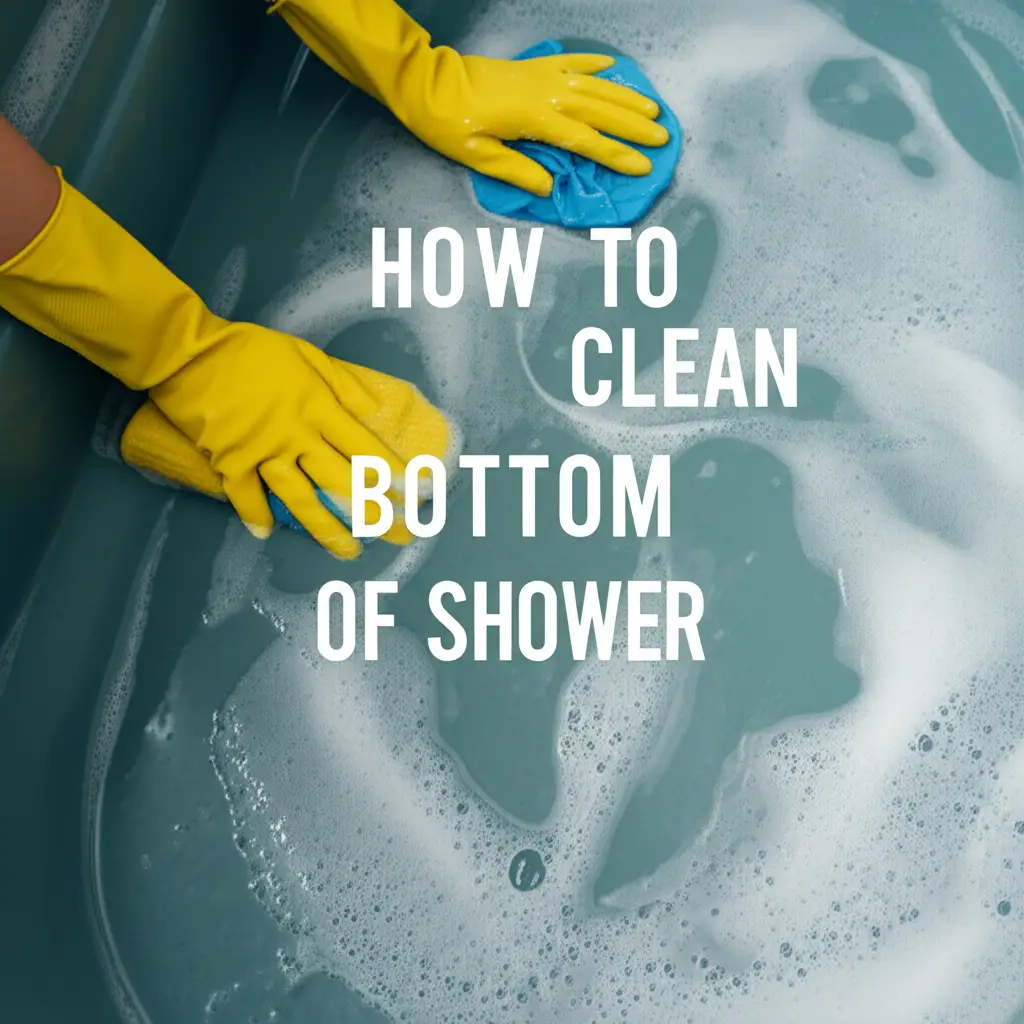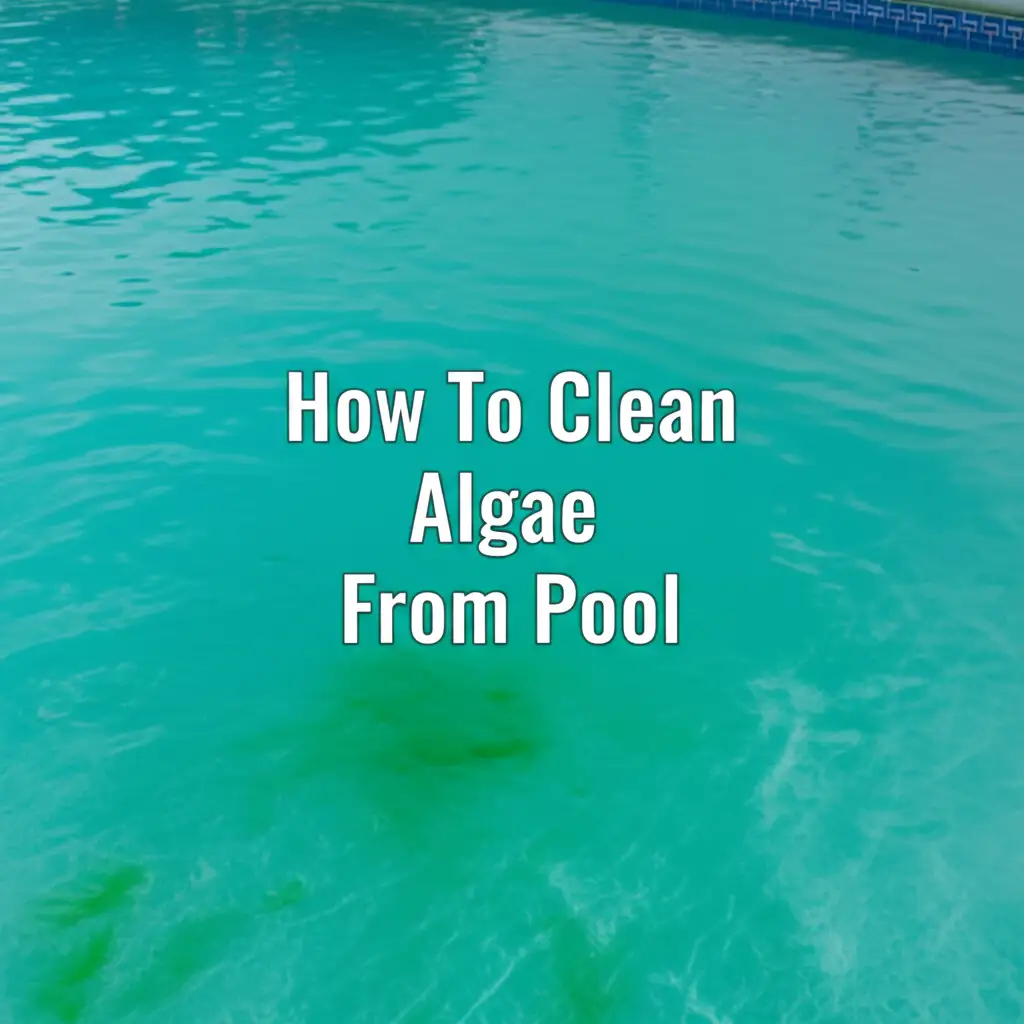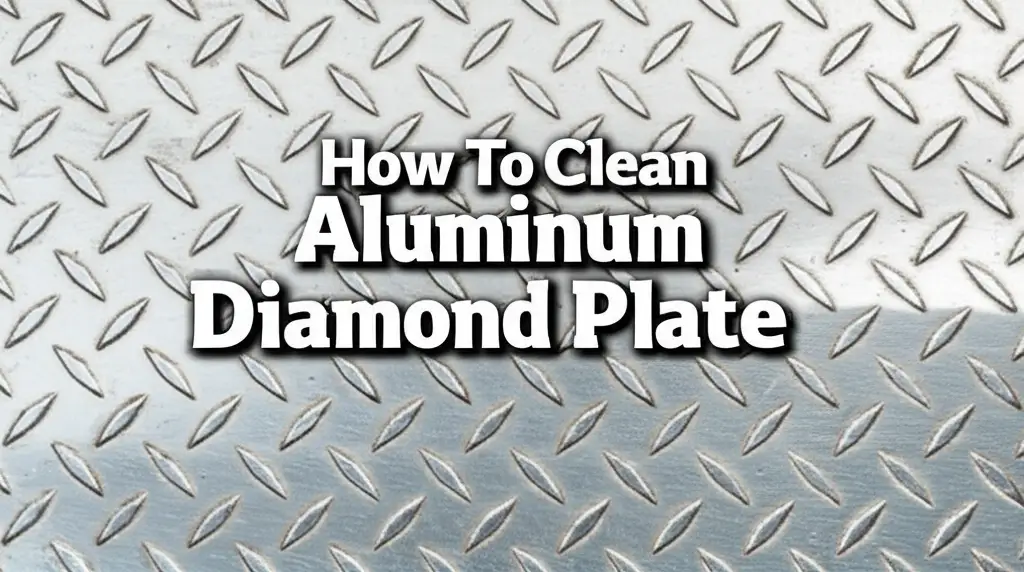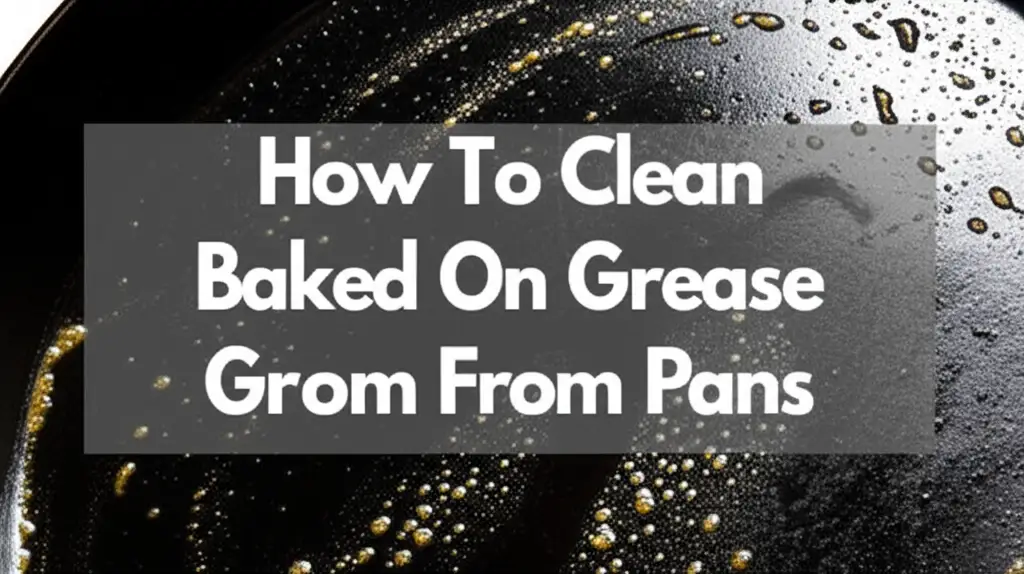· Vehicle Care & Cleaning · 16 min read
How To Clean Aluminum Trailer
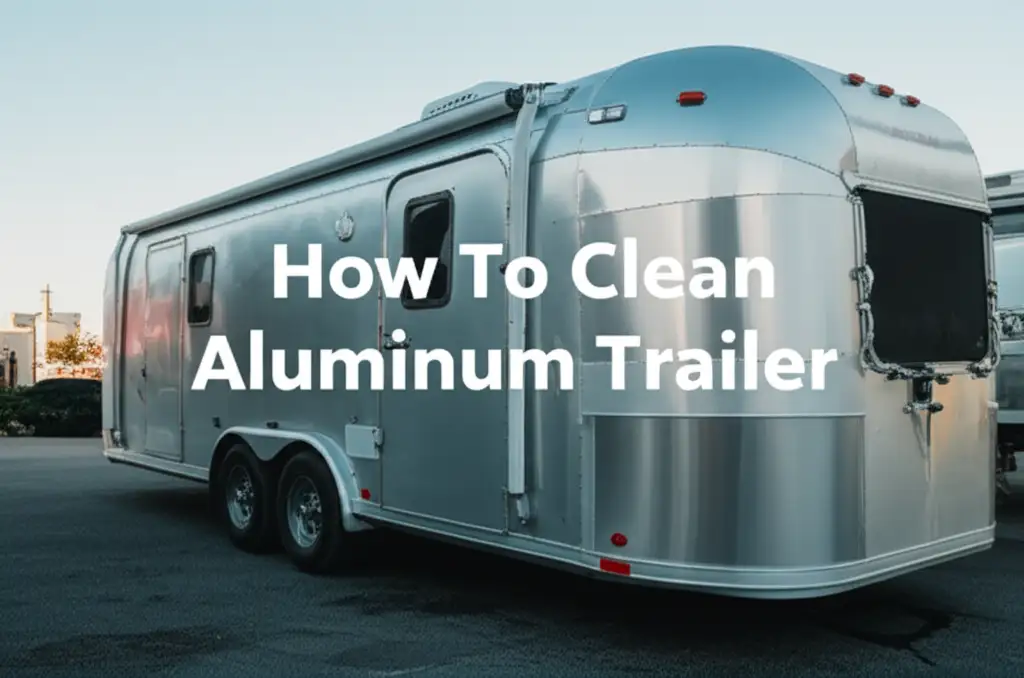
Restore Your Trailer: How To Clean Aluminum Effectively
Looking at your aluminum trailer, do you see dullness, streaks, or tough grime? You are not alone. Aluminum trailers are incredibly durable, but they need proper care to keep their shine. Dirt, road salt, and environmental elements can quickly tarnish their appearance.
Cleaning your aluminum trailer goes beyond looks. It protects your investment. Regular cleaning prevents corrosion and prolongs your trailer’s lifespan. This article gives you a complete guide. We will cover everything from essential tools to advanced techniques. You will learn how to clean aluminum trailer surfaces, remove stubborn stains, and restore a brilliant finish. Get ready to make your trailer shine like new.
Takeaway
- Assess your trailer’s condition: Identify dirt types and oxidation levels.
- Gather proper supplies: Use specific aluminum cleaners, brushes, and safety gear.
- Follow a step-by-step process: Wash, rinse, treat, polish, and protect your trailer.
- Address oxidation: Use specialized products for effective removal.
- Maintain regularly: Schedule routine cleanings to prevent damage and keep the shine.
Clear, Concise Answer
To clean an aluminum trailer, first rinse away loose dirt. Then, apply a specialized aluminum cleaner or a mild soap solution. Scrub the surface with a soft brush, focusing on soiled areas. Rinse thoroughly and dry the trailer to prevent water spots. For oxidation, use an aluminum brightener or polish.
Why Proper Aluminum Trailer Cleaning Matters
Aluminum trailers are popular for their light weight and strength. They also resist rust very well. However, aluminum can still corrode or oxidize. This makes the surface look dull or chalky. Road grime, salt, and harsh weather contribute to this damage.
Regular cleaning helps your trailer stay strong and look good. It removes harmful substances before they cause lasting damage. Think of it as a health check for your trailer. A clean trailer holds its value better. It performs safely on the road.
Understanding Aluminum’s Vulnerabilities
Aluminum reacts with oxygen in the air. This reaction creates a thin, protective oxide layer. This layer prevents further corrosion. However, certain conditions can break this layer down. Road salts, industrial fallout, and even some harsh chemicals are common culprits.
When the protective layer breaks, the aluminum beneath becomes exposed. This leads to visible oxidation, often appearing as a white, chalky film. If left untreated, this can cause pits or even structural weakness over time. Understanding this helps us choose the right cleaning methods.
Benefits of Regular Cleaning
Regular cleaning offers many benefits for your aluminum trailer. First, it keeps your trailer looking great. A shiny trailer reflects pride in your equipment. Second, it protects your investment. Cleaning prevents costly repairs from corrosion damage.
Third, a clean trailer is easier to inspect for issues. You can spot small problems before they become big ones. Finally, it extends the lifespan of your trailer. This saves you money in the long run. Proper care ensures your trailer serves you well for many years.
Gathering Your Essential Tools and Supplies
Before you start cleaning, gather all your tools. Having everything ready makes the job easier and more efficient. You will need a water source, a good hose, and possibly a pressure washer. A pressure washer speeds up the rinsing process. It also helps remove loose dirt quickly.
Next, choose your cleaning agents carefully. Not all cleaners work well on aluminum. Some can even harm the finish. Always pick products designed for aluminum. You also need various brushes and applicators. These help you clean different parts of the trailer.
Choosing the Right Aluminum Cleaner
Selecting the correct cleaner is crucial for aluminum. Avoid harsh acids or strong alkaline cleaners. These can damage the natural oxide layer. Look for cleaners specifically labeled “aluminum safe” or “aluminum brightener.” Mild car wash soap works well for general dirt.
For heavier oxidation, you may need an acid-based brightener. Use these with extreme caution and always dilute them correctly. Some specialized cleaners also contain polishing agents. These can clean and restore shine in one step. Always read the product label before use.
Safety Gear You Must Have
Safety comes first when cleaning your trailer. Always wear protective gear. This is especially true when using chemical cleaners. Chemical burns or irritation are risks you should avoid. I always put on my gear before touching any cleaner.
You need safety glasses to protect your eyes. Rubber gloves keep chemicals off your skin. A respirator mask is wise if you use strong brighteners. These products can release fumes. Wear old clothes that you do not mind getting dirty. This helps keep you safe and comfortable.
Pre-Cleaning Steps for Your Aluminum Trailer
Preparation is key to a successful clean. Do not rush this part. Proper preparation helps the cleaning agents work better. It also prevents damage to your trailer’s surface. Begin by finding a suitable cleaning area.
Choose a spot with good drainage. Avoid cleaning on sensitive surfaces like lawns or asphalt driveways. Some cleaners can harm plants or stain pavement. Make sure you have enough space to move around the entire trailer safely. This ensures you reach all areas effectively.
Removing Loose Dirt and Debris
The first step is to remove all loose dirt. Use a strong stream of water from your hose. A pressure washer is very effective here. Start from the top of the trailer and work your way down. This pushes dirt downwards, preventing re-soiling.
Focus on wheels, undercarriage, and any areas with heavy mud. This pre-rinse removes abrasive particles. These particles could scratch the aluminum during scrubbing. Take your time to get as much dirt off as possible. This makes the next steps much easier.
Protecting Sensitive Areas
Some parts of your trailer need protection. Cover any non-aluminum surfaces. This includes painted sections, lights, or plastic trim. Masking tape and plastic sheeting work well for this. This prevents accidental damage from strong aluminum cleaners.
Take extra care around decals or graphics. Some cleaners can fade or peel them. If possible, avoid direct contact with these areas. My own experience has shown that a little extra masking saves a lot of headaches later. Always read your cleaner’s instructions for any specific warnings regarding other materials.
Step-by-Step Washing and Rinsing Techniques
Now that your trailer is prepped, it’s time to wash. This stage focuses on removing surface grime and light stains. Proper technique ensures a thorough clean without harming the aluminum. Work in small sections to prevent cleaners from drying on the surface.
Start at the bottom of the trailer and work upwards. This helps prevent streaking. Applying cleaner from the top down means the dirtier areas stay wet longer. This can lead to lines as the dirty water runs down. Applying from the bottom up allows the cleaner to work evenly as you rinse from top to bottom.
Applying the Cleaner Effectively
Mix your chosen aluminum cleaner according to the product directions. Apply it evenly to a small section of the trailer. Use a pump sprayer or a soft wash mitt. For general cleaning, a mild car wash soap and water solution is often enough. For tougher dirt, use a dedicated aluminum cleaner.
Let the cleaner sit for the recommended dwell time. Do not let it dry on the surface. This can leave streaks or cause etching. Use a soft-bristle brush or a clean sponge to gently scrub the area. Pay attention to corners and rivets where dirt collects. Be gentle to avoid scratching the aluminum.
The Final Rinse and Dry
Rinsing is as important as washing. Rinse the cleaner off completely. Start from the top and work your way down. Use a powerful stream of water. Ensure no soap residue remains. Leftover soap can attract new dirt faster or cause streaks.
After rinsing, dry the trailer immediately. Use a clean, soft microfiber towel or a leaf blower. Air drying often leads to water spots, especially in hard water areas. These spots contain minerals that can etch the aluminum. A thorough dry ensures a spotless, shiny finish. This step is often overlooked but is crucial for appearance.
Tackling Oxidation and Stubborn Grime
Oxidation is the biggest enemy of aluminum’s shine. It makes the surface look dull, chalky, and often streaky. Stubborn grime like tar or road oil also requires special attention. These issues need specific products and methods to remove them safely.
Do not try to scrub oxidation off with abrasive pads. This will scratch the aluminum permanently. Instead, use chemical solutions designed to remove oxidation. These products gently dissolve the oxidized layer, revealing fresh aluminum underneath. Always test any strong product on a small, hidden area first.
Removing Oxidation for a Brighter Shine
To tackle oxidation, you need an aluminum brightener. These products contain mild acids that react with the oxidized layer. Apply the brightener carefully. Wear all your safety gear. Work in small sections to maintain control.
Spray the brightener evenly onto the dull area. Let it sit for a very short time, usually less than a minute. Then, gently scrub with a soft brush. Watch as the chalky film disappears. Immediately rinse the area thoroughly with water. Rinse until all traces of the brightener are gone. My personal experience says this step transforms the trailer’s look. For more details on oxidation removal, check out this guide: how to clean oxidation from aluminum.
Dealing with Road Grime and Tar
Road grime and tar stick firmly to your trailer. Standard washing often does not remove them. For these sticky spots, use a specialized tar and bug remover. Apply the product directly to the affected area. Let it sit for a few minutes to dissolve the grime.
Then, wipe away the residue with a soft cloth. You might need to repeat this process for very stubborn spots. Avoid excessive scrubbing, as it can spread the tar or scratch the surface. Always rinse the area after using these removers. This cleans off any remaining chemical.
Cleaning Aluminum Diamond Plate
Aluminum diamond plate adds grip and a rugged look to trailers. However, its textured surface can trap dirt easily. Cleaning diamond plate requires a slightly different approach. The raised pattern needs extra attention during scrubbing. For general cleaning, use your regular aluminum cleaner.
Apply it with a stiff-bristle brush or a specialized diamond plate brush. Scrub along the pattern to get into all the grooves. A pressure washer can be very effective here for rinsing. Make sure to rinse thoroughly to remove all dirt from the raised areas. For more specific advice on this material, explore how to clean aluminum diamond plate: how to clean aluminum diamond plate.
Polishing and Protecting Your Aluminum Trailer’s Finish
Once your aluminum trailer is clean and free of oxidation, it’s time to restore its shine. Polishing brings out the true luster of the metal. This step also prepares the surface for a protective coating. A good polish removes any remaining haze or minor imperfections.
Protection is the final, crucial step. It helps maintain the shine you just achieved. It also forms a barrier against future dirt, moisture, and oxidation. Skipping this step means your hard work might fade quickly. Choose products designed for aluminum for the best results.
Choosing the Right Polish
Selecting the right aluminum polish makes a big difference. Polishes come in different grades. Some are for light haze, while others tackle heavier dullness. Look for polishes specifically for aluminum or non-ferrous metals. Liquid polishes are easy to apply by hand or with a machine.
For very high shine, you might use a finer abrasive polish. Always apply polish with a clean, soft applicator pad. Avoid using abrasive cloths. These can create fine scratches that dull the finish. My preference is always a microfiber applicator.
Applying Protective Coatings
After polishing, apply a protective coating. This acts as a shield for your aluminum. Many products exist, including waxes, sealants, or ceramic coatings designed for metal. Waxes provide a warm glow and short-term protection. Sealants offer longer-lasting defense. Ceramic coatings provide the most durable protection.
Apply the coating thinly and evenly. Follow the product’s specific instructions for application and cure time. Buff off any excess with a clean microfiber towel. This protective layer repels water, dirt, and prevents new oxidation from forming quickly. This step is essential for preserving your trailer’s appearance.
Maintaining that Shine
Maintaining your trailer’s shine means regular, but less intensive, cleaning. After polishing and protecting, light washes are usually enough. Use a mild car wash soap and soft brushes. This prevents dirt buildup. It also avoids needing aggressive cleaning later.
Inspect your trailer regularly for new spots or signs of oxidation. Address these quickly before they spread. Touch up protective coatings as needed, perhaps every few months. This keeps the protective barrier strong. Consistent care ensures your trailer always looks its best. For general tips on polishing various aluminum parts, consider learning how to clean and polish aluminum wheels.
Special Considerations for Different Aluminum Finishes
Not all aluminum is the same. Trailers can feature various aluminum finishes. Each type requires specific care. Understanding these differences helps you choose the right cleaning method. Using the wrong product on a specific finish can cause permanent damage.
Common finishes include raw aluminum, anodized aluminum, and painted aluminum. Raw aluminum is the most common for trailers. It is prone to oxidation. Anodized aluminum has a factory-applied protective layer. Painted aluminum surfaces require car paint care. Always identify your trailer’s finish before starting.
Cleaning Anodized Aluminum
Anodized aluminum has an electrochemical finish. This layer makes it more durable and corrosion-resistant. It also gives it color. Cleaning anodized aluminum requires gentle methods. Harsh acids or strong alkaline cleaners can strip this protective layer. This would ruin the finish.
Use only mild soap and water for anodized surfaces. A soft cloth or sponge is best. Avoid abrasive scrubbers. Rinse thoroughly and dry completely to prevent water spots. If you need a more in-depth guide on this, learn how to clean anodized aluminum. Protectants designed for clear coats can also work on anodized finishes.
Care for Mill Finish and Painted Aluminum
Mill finish aluminum is raw, untreated aluminum. It is often duller and more susceptible to oxidation. This type of aluminum will benefit most from brighteners and polishing. These steps improve its appearance significantly. Consistent cleaning and protection are key to keeping mill finish looking good.
Painted aluminum surfaces on your trailer need care similar to car paint. Use car wash soap, not aluminum brighteners, on these areas. Brighteners can strip paint or cause discoloration. Apply wax or sealant specific to automotive paint. This protects the painted sections from UV damage and road grime. Always consider the specific material of each section.
Maintaining Your Trailer’s Shine Long-Term
Cleaning your aluminum trailer is not a one-time event. It is an ongoing process. Regular maintenance keeps your trailer looking great and performing well. A consistent schedule prevents heavy dirt and oxidation buildup. This means less intense cleaning each time.
Think about how often you use your trailer. Also, consider the conditions it faces. If you drive on salted roads, you need more frequent washes. If your trailer sits outside in direct sunlight, it will need more protection. Establishing a routine saves you time and effort in the long run.
Establishing a Cleaning Schedule
Create a cleaning schedule based on your trailer’s use. For heavily used trailers, a quick wash after each trip might be beneficial. A full clean, including oxidation treatment and polishing, could be done every few months. For trailers stored indoors or used lightly, a full clean once or twice a year might suffice.
My own schedule for my frequently used trailer includes a rinse after every long trip. A full wash happens every month. Polishing and protection occur every three to six months. This approach ensures it always looks ready for the road. Adjust this schedule to fit your specific needs and environmental factors.
Quick Tips for Routine Care
Routine care between deep cleans keeps your trailer fresh. After a trip, a quick rinse with a hose removes fresh dirt and road salt. This prevents them from drying and etching the aluminum. Use a leaf blower to dry quickly, especially on diamond plate areas.
Keep a microfiber cloth and a spray detailer handy. You can use these to wipe away small marks or bird droppings immediately. Addressing small issues quickly prevents them from becoming bigger problems. This proactive approach saves you significant effort during major cleaning sessions.
Storing Your Aluminum Trailer Properly
Proper storage plays a large role in long-term maintenance. If possible, store your trailer indoors or under a cover. This protects it from direct sunlight, rain, and snow. UV rays and moisture accelerate oxidation. A good cover also keeps dirt and debris off the surface.
If outdoor storage is necessary, consider parking it in a shaded area. Ensure good air circulation around the trailer. This helps prevent moisture buildup. Regularly check the cover for tears or damage. A clean, protected storage environment extends the time between major cleaning efforts.
FAQ Section
How often should I clean my aluminum trailer?
Clean your aluminum trailer based on its use and exposure. A quick rinse after each trip helps remove road grime. A full wash every 1-3 months is good for regular use. For heavily oxidized trailers, a deep clean with brighteners every 3-6 months is often needed.
Can I use car wash soap on my aluminum trailer?
Yes, you can use mild car wash soap for general cleaning. It safely removes dirt and grime without harming the aluminum. However, car wash soap does not remove oxidation or bring back shine. For these tasks, you need specialized aluminum cleaners and polishes.
What is the best way to remove oxidation from an aluminum trailer?
The best way to remove oxidation is with a dedicated aluminum brightener or mild acid cleaner. Apply the product as directed, usually for a short dwell time. Gently scrub with a soft brush and rinse thoroughly. Always wear safety gear when using these products.
How do I prevent water spots on my aluminum trailer?
To prevent water spots, always dry your aluminum trailer immediately after rinsing. Use a soft, clean microfiber towel or a leaf blower. Hard water contains minerals that cause spots. Drying quickly removes these minerals before they can leave marks.
Is a pressure washer safe for cleaning an aluminum trailer?
A pressure washer is safe if used correctly. Maintain a safe distance (at least 12-18 inches) from the surface. Use a wide fan nozzle, not a narrow stream. High pressure too close can damage the aluminum or graphics. It helps remove loose dirt quickly.
Should I polish my aluminum trailer after cleaning?
Yes, polishing after cleaning is highly recommended. It restores the aluminum’s natural luster and removes any remaining haze. Polishing also prepares the surface for a protective coating. This final step enhances the trailer’s appearance and helps maintain its shine.
Conclusion
Cleaning your aluminum trailer is a simple, effective way to protect your investment. You can keep your trailer looking new with the right tools and techniques. We have covered everything from initial preparation to final protection. You now know how to clean aluminum trailer surfaces thoroughly.
Remember to prioritize safety by wearing proper gear. Use cleaners specifically designed for aluminum. Tackle oxidation with appropriate brighteners. Finish your cleaning with a good polish and a protective coating. This regular care saves you money and effort in the long run. Get started today and enjoy a clean, shiny trailer for many years to come.

